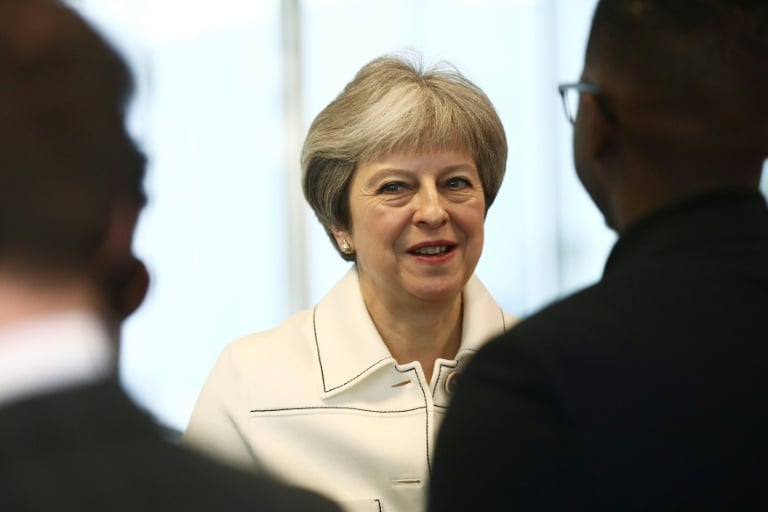UK ministers are working to safeguard supplies of drugs as well as food, in the event Britain crashes out of the EU next year without a negotiated deal.

The action by the Association of the British Pharmaceutical Industry (ABPI) comes after ministers said this week they were working to safeguard supplies of drugs as well as food, in the event Britain crashes out of the EU next year without a negotiated deal.
“Companies have already been starting to stockpile,” ABPI chief executive Mike Thompson told AFP in a phone interview, adding the government was “making sensible contingency plans”.
“We’re being asked to do this for every single medicine that is being supplied,” he said, “and that is the biggest peacetime logistical challenge the industry has ever faced”.
In contrast, the retail industry has reacted with scepticism to cabinet talk of food stockpiling, and the idea has drawn ridicule in the media.
“Retailers do not have the facilities to house stockpiled goods and in the case of fresh produce, it is simply not possible to do so,” the British Retail Consortium said in a statement.
“Our food supply chains are extremely fragile and this is yet further demonstration of the need for an agreement on the backstop to ensure frictionless trade is maintained after the 29 March, 2019.”

British Prime Minister Theresa May.
Don’t panic
Fears of a disorderly Brexit next March have risen as Prime Minister Theresa May struggles to win agreement for her plans to retain close trading alignment with the EU.
Adding to the pressure, EU negotiator Michel Barnier on Thursday cast doubt on whether Britain can relieve EU concerns about the Irish border and allow for a Brexit deal by a deadline of October.
But despite the doomsday talk of shortages of vital supplies after Brexit, May says the public should take “reassurance and comfort” from the government’s preparations for the eventuality of a no-deal Brexit.
Speaking to Channel 5 News on Wednesday, she stressed the government was still working hard to secure a negotiated settlement.
“This is not just about stockpiling. That concept … is about making sure that we will be able to continue to do the things that are necessary once we have left the European Union, if we leave without a deal,” she said.
Britons may have to make some lifestyle changes after Brexit if supplies of imported European foodstuffs run short or jump in price. Medicines, on the other hand, are not so easily changed.
In future, the EU wants all UK-manufactured drugs to be subject to new quality-control tests in European laboratories before they can be administered to patients.
‘Disease doesn’t recognise borders’
This will disrupt the flow of millions of medicines including a prostate treatment that is currently only made in Britain and is used widely in the EU, according to the ABPI.
“Disease doesn’t recognise borders. We don’t have much time as an industry. We need to be working practically together,” Thompson said.
“My concern is that other (EU) member states are not doing this,” he said of the British government’s contingency planning.
The ABPI groups all the biggest pharmaceutical companies including European and US giants, and Britain’s leading role in the industry was recognised by the EU’s decision to headquarter the European Medicines Agency (EMA) in London.
But the agency – which is responsible for approving all new medicines sold in the EU – and its 900 staff are due to relocate to Amsterdam after Brexit.
Thompson said that while May’s government has called in a white paper for drugs to be included in future customs arrangements, the EU has yet to spell out how it intends to handle the importation of medicines made in the UK.
“We are hopeful that when the EU responds to the white paper, they will signal they accept those arguments and will agree to continued cooperation,” he said.
Both Barnier’s office and the EMA declined to comment on the ABPI’s remarks.





